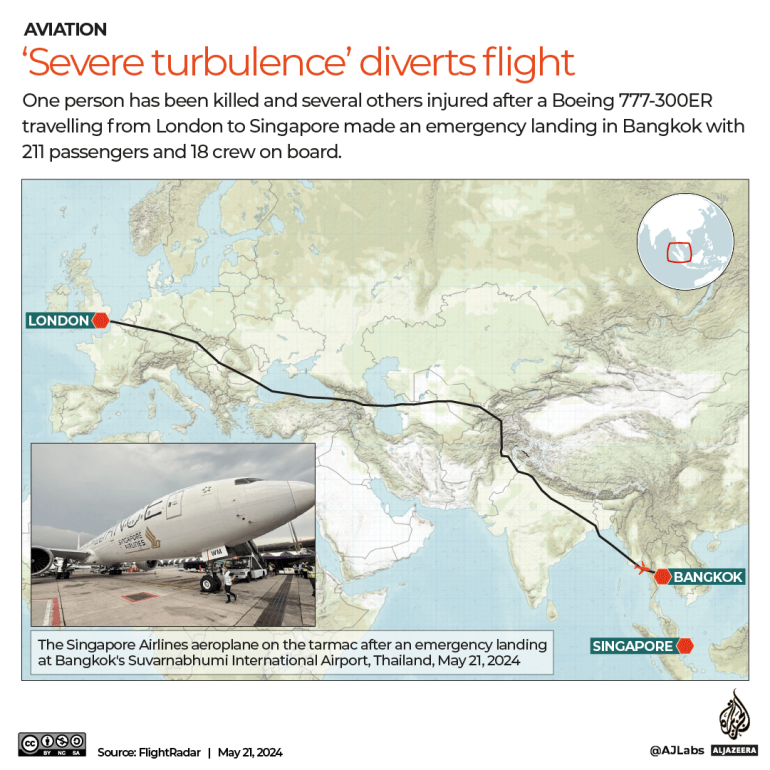
The Department of History at the NUS Faculty of Arts and Social Sciences today announced six inspirational works that have been shortlisted for the second run of the NUS Singapore History Prize – the first-ever history prize devoted entirely to Singapore history.
A five-member nominating committee, drawn from academia, the civil service, and the arts, have shortlisted the following works as best meeting the qualities that the Prize strives to encourage:
- Jeremy Tiang, State of Emergency (Epigram Books, 2017)
- Hidayah Amin, Leluhur: Singapore’s Kampong Gelam (Helang Books, 2019)
- Timothy P Barnard, Imperial Creatures: Humans and Other Animals in Colonial Singapore, 1819-1942 (NUS Press, 2019)
- Kwa Chong Guan, Tan Tai Yong, Peter Borschberg, Derek Heng, Seven Hundred Years: A History of Singapore (Marshall Cavendish Edition and National Library Board, Singapore, 2019)
- Kamaladevi Aravindan, Sembawang: A Novel (Singapore: Marshall Cavendish, 2020)
- Wang Gungwu, Home is Where We Are (NUS Press, 2020)
Please refer to the Annex for a brief synopsis of the six works.
Mooted by Mr Kishore Mahbubani, Distinguished Fellow at the NUS Asia Research Institute, and administered by the NUS Department of History, the NUS Singapore History Prize was created in 2014 in support of the national SG50 programme to celebrate the 50th anniversary of Singapore’s independence.
An open global competition, the Prize aims to stimulate an engagement with Singapore’s history broadly understood – this includes the period pre-1819 and works dealing with Singapore’s place in the world. It also aims to make the complexities and nuances of Singapore’s history more accessible to non-academic audiences and to cast a wide net for consideration of works that deal with history. At the same time, the Prize hopes to generate a greater understanding among Singapore citizens of their own unique history.
The Prize is awarded every three years and the author of the winning publication will receive a cash award of S$50,000. In 2018, the inaugural Prize was awarded to Emeritus Professor John Miksic, whose work Singapore and the Silk Road of the Sea, 1300 – 1800 provides detailed archaeological evidence that Singapore’s story began more than 700 years ago.
The 2021 Prize was open to non-fiction and fiction works in English (written or translated) that were published from January 2017 to 30 May 2021. These also included creative works that have clear historical themes, as well as book-length works that were either authored or co-authored and addressed any time period, theme, or field of Singapore history, or included a substantial aspect of Singapore history as part of a wider story.
A distinguished jury chaired by Mr Mahbubani and consisting of novelist Dr Meira Chand; economist Dr Lam San Ling; historian Prof Peter Coclanis; and archaeologist Emeritus Prof John Miksic from the NUS Department of Southeast Asian Studies, will select and announce a winner in October 2021.
On behalf of the jury, Mr Mahbubani thanked the members of the nominating committee – Assoc Prof Ian Gordon, former head of the NUS Department of History and Asst Prof Seng Guo Quan from the department; educator Ms Beatrice Chong; curator Ms Suhaili Osman; and playwright Mr Alfian bin Sa’at – for reviewing the thirty-one books that publishers submitted and nominating the six for the Prize.
Mr Mahbubani shared, “The famous American social scientist, Benedict Anderson, said that nations are “imagined communities”. A shared imagination, especially in history, is a critical glue holding societies today. Singapore has just begun its journey of discovering its long history. The Singapore History Prize is playing a critical nation-building role by presenting Singaporeans with insightful new understandings of their long and rich history.”









